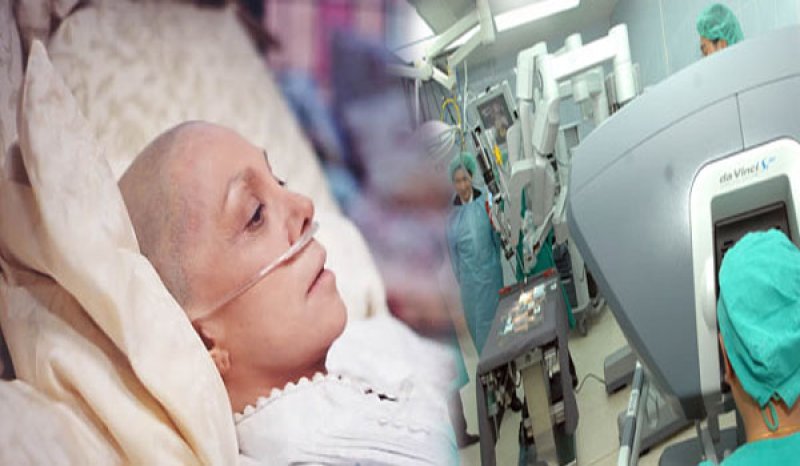…
Ever since the Human Genome Project, scientists have dreamed of using precise, personal molecular information to guide the diagnosis and treatment of human disease…Unfortunately, biological complexity still far exceeds medical knowledge.
Cancer treatment is a bright spot in this disappointing story, however. Tumors typically do display genetic aberrations that offer potential targets for drugs.
…
“Realistically, for a lot of patients, [precision oncology] is not going to be helpful to them,” says [Michael Kolodziej, national director of managed care strategy for Flatiron Health]. “For others, it might be the single most important thing you could do. And I can’t tell one from the other right now.”
…
Most of the mutations found in cancers are exceedingly rare, and the medical significance of many of them is murky. Some mutations are treatable; others are not, or at least not yet.
…
Barbara Conley, at NCI, believes that some of the skepticism about precision oncology is warranted. “I think we will eventually figure it out,” she says. “But it’s not a slam dunk.” [David Hyman, an oncologist at Memorial Sloan Kettering Cancer Center] doesn’t disagree. But he points out that as more tumors get sequenced, and more targeted drugs are developed and tested, precision oncology is rapidly improving. A patient in the right place at the right time might find that a mutation that is not “therapeutically relevant” one day is treatable the next.
The GLP aggregated and excerpted this blog/article to reflect the diversity of news, opinion, and analysis. Read full, original post: The Cancer Lottery































